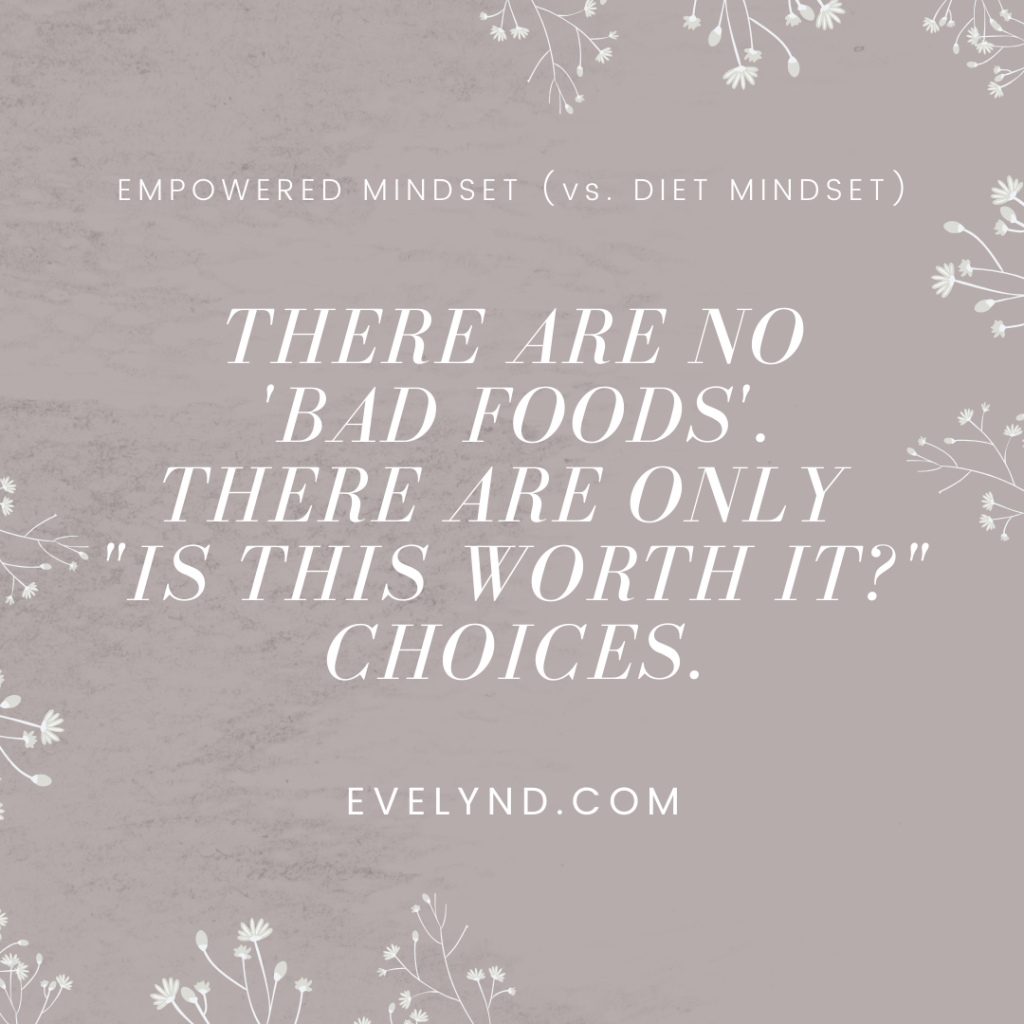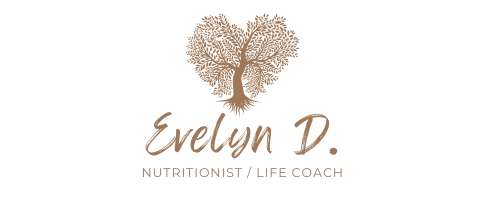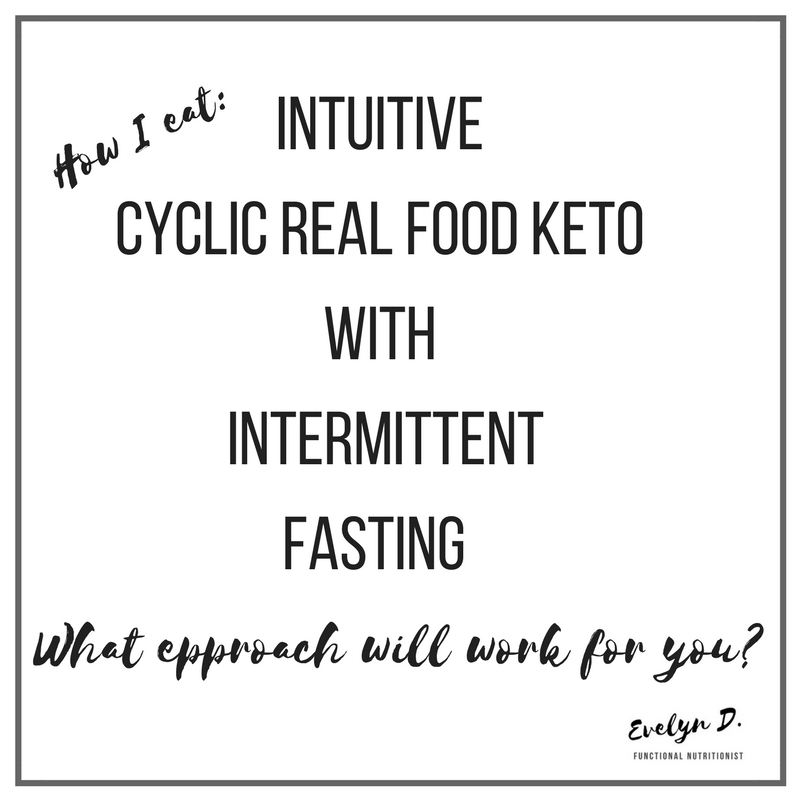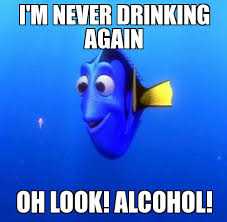Do any of these sound familiar?:
“I know what to do, but I just don’t do it.”
“I need motivation. I just can’t start (or stick with) my eating “plan”. I just cave.”
“I just need a break. I was doing “good” for so long (maybe even lost some weight/healed) and I want to not focus on what I eat (or drink) all the time.”
There may be other variations of healthy eating frustration here, but it boils down to a few things that are fairly easy to identify but WILL require consistent PRACTICE to actually change :
1. RESISTANCE – A part of you is resisting change.
In my practice and programs, I help clients build a personalized, flexible real food eating approach that includes weekly indulgences in a ‘dose’ that they determine based upon the results they desire (symptom improvement, fat loss, weight loss, disease prevention, etc…).
This shifts the perspective and energy from restriction (“I can’t or shouldn’t have X.”) to empowerment (“Is X worth it?”).
Feel the difference?

Then it’s just a matter of implementation with tactics, like:
-
- having a personalized, nourishing, easy to follow, feel-good plan
-
- eating enough at meals and being hydrated
-
- having real foods available and ready to prepare or eat
Along with mindset strategies:
-
- having a deep “why” that grounds your desire for change
- thought work/urge awareness
- ensuring life and stress are in alignment and balance
This dual approach sets a solid foundation for permanent change, but… the journey has its bumps in the road because the brain hates change.
It prefers to automate everything. It seeks efficiency and sameness because that equals “SAFE”.
Certain foods also turn the brain on to entice you to eat more. We literally are wired to eat from a survival physiology perspective.
So this resistance to eat/drink less or to eating ‘healthy’ is totally normal and should be expected.
That’s where the mindset strategies (above) play a more important role than even the “meal plan”.
How many “meal plans” and “diets” have you been on – maybe followed for a while – but then eventually ‘quit’?
This is because of your brain’s natural resistance to change paired with highly palatable foods and poor mindset strategies – which made it easier to inch away from it, or just give up, eat all the things – and/or then jump around to something else – some other ‘diet’ that “might work better” .
2. HABIT – You may have a physical dependence or habituation when it comes to certain ‘things’.
Building on this, you have to recognize and accept that processed foods and drinks (and even certain real, healthy foods and drinks) along with your eating frequency and/or volume – may be physically ‘programmed’ into your neural and metabolic physiology so that you turn to it in times of stress, pressure or decompression. (This is sometimes called the “Habit Brain”.)
Your body has adapted to these substances and/or the times/situations that then signal your brain to have them. It often can feel automatic – like you have no say in the matter.
Often a higher tolerance develops requiring more of the ‘thing’ to get the same ‘relief’ and pleasurable effects.
This level of change will require very mindful awareness, thought work and “reprogramming” to allow the new desired adaptation to take the place of the high (temporary) relief/reward behavior.
It’s going to be very uncomfortable when you do this.
It will be “HARD”.
Accept this.
Allow this ‘ick’ to be felt without the tendency to use “resistance” or “willpower” or MORE RULES and RESTRICTION to do so.
You have to experience the squirmy discomfort of the urge to help your brain and body realize it’s OK to NOT revert to the habit behavior you’re trying to change.
A common example is the pattern of the busy professional ending a stressful day of work and heading to the cabinet for chips, crackers, nuts, cookies, cereal, wine, beer, bourbon – whatever.
You can ‘band-aid’ this pattern by substituting the urges with healthier choices like celery sticks, apple slices, chicken, bone broth, seltzer, a mock-tail or tea – BUT you’re STILL ignoring the root cause – and ultimately, when you get “sick” of being ‘good’, you’ll go back to the substances that really get the job done.
Instead, what you can do is take a seat – close your eyes – breathe deeply and exhale slowly.
Do this a few times and check in with what you really need:
- a life or schedule change?
- to ask for help?
- to not put so much pressure on yourself to be “perfect”?
- to say no to something you said yes to (or vice versa)
- more “self-care”?
- better boundaries?
- a little nap or stretch?
- a hug, a smile, a laugh
- a pet of the dog or cat
- someone to talk to? a friend? someone to love? someone to love you?
- fresh air, sunlight
- or maybe a physical release – like a scream, some movement, punching bag/pillow, shower, bath, sex?
Whatever it is, go there instead of food or alcohol.
When you’re ‘using’ substances or behavior that then cause you to feel miserable, it’s not about being weak-willed..It’s not even about the food or alcohol. It’s a signal that your thinking and your life are out of balance.
You’re using the ‘thing’ to feel better…to check out, to mask or numb – to distract yourself from the “pain” or uncomfortable feelings – and now it may have become a well worn neural pathway (a fancy name for a habit, dependence, or even an actual addiction).
Let’s say you decide you want to change your eating, or stop an unwanted eating or drinking behavior.
You want to get healthier/lose weight, have more energy, feel better.
That’s all great – but you need to work on the root causes. < This is the real work my dear friend – always!
You’re trying to force a break in the symptom pattern and your brain will naturally want to go back to that old familiar eating/drinking pattern when feelings or sensations of misalignment and discourse arise again.
This is totally normal.
On the surface level of this behavior, in the example above – If you’re actually hungry after a busy day, you absolutely can address that…assure your brain that you’ll be eating soon. Hunger is a healthy sensation. “Nothing has gone wrong.”
You may also be over-hungry which is easily fixed with adjusting your eating plan, ensuring proper hydration and checking on lifestyle things too like getting adequate rest throughout the day and getting enough sleep at night, etc..
Another important point to understand is the research that reveals that hunger adaptation – in terms of meal timing or ‘clock appetite’ – averages about 3 days to adjust to changes. (i.e., keep this in mind if you’re experimenting with intermittent fasting or cutting out snacking.)
Think of substance habits almost like a “withdrawal” -so changing this ‘dependence’ will vary greatly depending on the chemistry of the ‘thing’ and the strength of your brain’s association with ‘it’ – and also the situation – your brain – behavior association – which has SO much to do with your thoughts about whatever else may be going on with your body, mind and life.
For some people, they’re successful at change at first – and the behavior – even the desire for the thing(s) – seems to be GONE – for weeks, months or even longer, but then it may come back again.
Be OK with considering this habit/mindset PRACTICE a LIFELONG journey…which leads me to the next point…
3. UNSUSTAINABLE – Your “diet” may ultimately be too restrictive, unsatisfying and rigid.
A HUGE red flag: If you need a ‘break’ from your ‘diet’ – or can’t ‘stick with it’ you’re probably on more of a ‘restrictive diet’ – and I hope you know by now that those diets don’t work long term!
An exception to this would be if you’re working with a practitioner on healing (the gut, for example), you may need to follow a more restrictive protocol for a temporary period of time to allow for healing (of say the gut lining or dysbiosis).
But if your goal is weight loss (I like to call it “ideal weight balance”, ) mindful eating, or eating a healthy optimal diet, my recommendation is to adopt a way of eating that you either LOVE right off the bat – or that you will grow to love as your dependence on sugar, flour, emotional eating or processed foods becomes “reprogrammed”.
This is also the reason why I encourage “Intentional Indulgences”. We need to move away from the neurosis and orthorexia of ‘good or bad’ eating and pay attention to our bodies and behavior – and ultimately enjoy life! It’s too dang short.
If it’s a real food – or even an appropriate dose of an intentional indulgence – ENJOY it fully and then check in with yourself. How did it feel? How did that indulgent choice impact your body or results or cravings or sleep, mood, etc..?
There are no “bad” foods there are only “Is it worth it?” choices in relation to your body’s response and the results you desire.
SIDE NOTE: In the case of true ‘addiction’, abstinence is usually required – along with working with a qualified addiction specialist or program.
Otherwise, the reason why I encourage indulging – very mindfully – is to serve as a means to build self-trust, flow, flexibility, peace and ease and pleasure. To get out of the “all-or nothing” diet mindset that’s unsustainable.
But where this gets tricky is when the indulgence is compensating for a life out of balance – and especially if ‘over-indulging’ brings negative consequences such as: pain, illness, inflammation, health risk, poor function, danger, weight gain, self-hate, impacts relationships or work performance, or causes isolation, non-integrous behavior, depression/anxiety, etc..
OK – Time for you to share your ah-has and insights…Do you relate to any of these common blocks? Or is there something else you’ve noticed? How do you work through them?
Comment below or directly to me at evelyn@evelynd.com.




